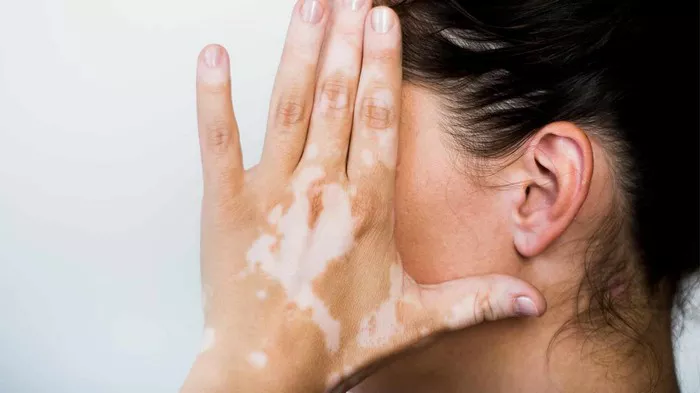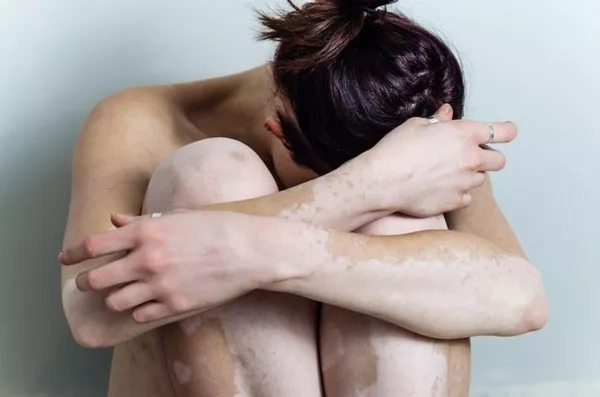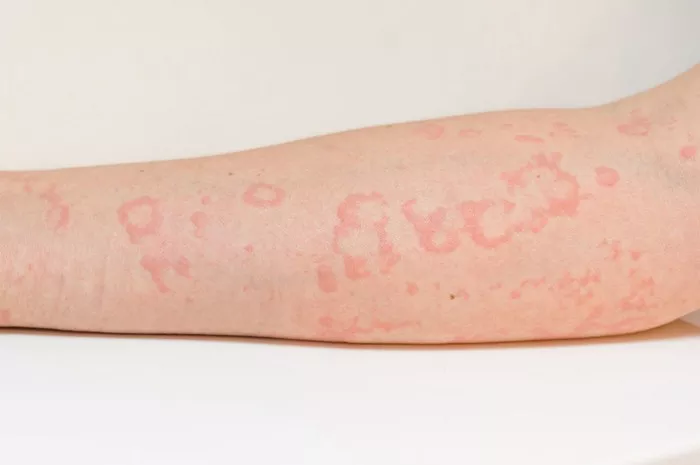Vitiligo, a chronic skin condition characterized by the loss of pigment, results in white patches on the skin. The patches appear when melanocytes, the cells responsible for producing pigment, are destroyed. This condition affects individuals of all skin types and can significantly impact a person’s appearance and self-esteem. One of the perplexing aspects of vitiligo is its unpredictable nature: for some people, the white patches can come and go. Understanding why vitiligo behaves this way involves exploring a combination of genetic, environmental, and immunological factors.
Understanding Vitiligo
Vitiligo affects approximately 1% of the global population. It can develop at any age but often appears before the age of 30. The condition is not life-threatening or contagious, but it can have a profound emotional and psychological impact due to its visible nature.
The Role of Genetics
Genetics play a significant role in the development of vitiligo. Studies have shown that individuals with a family history of vitiligo or other autoimmune diseases are at a higher risk of developing the condition. Researchers have identified multiple genes associated with vitiligo, many of which are involved in the body’s immune response.
Genetic predisposition alone, however, is not enough to cause vitiligo. The interaction between genetic factors and environmental triggers is crucial in the onset and progression of the disease.
Environmental Triggers
Several environmental factors can trigger or exacerbate vitiligo. These include:
- Sunburn: Severe sunburn can damage melanocytes, potentially triggering vitiligo in predisposed individuals.
- Skin Trauma: Injuries to the skin, such as cuts, scrapes, or abrasions, can lead to a phenomenon known as the Koebner effect, where new vitiligo patches develop at the site of the injury.
- Chemical Exposure: Certain chemicals, such as those found in hair dyes or industrial products, can damage melanocytes and trigger vitiligo.
- Stress: Psychological stress is believed to play a role in the development and exacerbation of vitiligo. Stress can affect the immune system, potentially triggering an autoimmune response against melanocytes.
The Immune System’s Role
Vitiligo is considered an autoimmune disease, meaning the body’s immune system mistakenly attacks its own cells. In the case of vitiligo, the immune system targets melanocytes. The exact cause of this autoimmune response is not fully understood, but it is believed to involve a combination of genetic and environmental factors.
The immune system’s role in vitiligo is a key factor in the condition’s unpredictable nature. Immune activity can fluctuate over time, leading to periods of disease activity and remission. This variability can cause the white patches to come and go.
Fluctuations in Disease Activity
Vitiligo’s tendency to come and go is influenced by several factors that affect disease activity:
- Immune System Fluctuations: Changes in immune system activity can lead to periods of increased melanocyte destruction, causing new patches to appear, followed by periods of decreased activity, during which the patches may stabilize or repigment.
- Environmental Exposures: Exposure to triggering factors such as sunburn or skin trauma can cause new patches to develop or existing patches to expand.
- Hormonal Changes: Hormonal fluctuations, such as those that occur during puberty, pregnancy, or menopause, can affect the immune system and potentially influence vitiligo activity.
- Seasonal Changes: Some people with vitiligo notice seasonal variations in their condition, with increased activity during certain times of the year. This may be related to factors such as sunlight exposure and stress levels.
Treatment Options
There is no cure for vitiligo, but several treatment options can help manage the condition and improve the appearance of the skin. These treatments aim to restore skin color, prevent the spread of white patches, and improve the patient’s quality of life. Common treatments include:
- Topical Corticosteroids: These anti-inflammatory medications can help reduce immune activity and promote repigmentation. They are often used for small, localized patches of vitiligo.
- Topical Calcineurin Inhibitors: These medications, such as tacrolimus and pimecrolimus, work by suppressing the immune response and are an alternative to corticosteroids, especially for sensitive areas like the face.
- Phototherapy: Exposure to ultraviolet (UV) light, either through natural sunlight or artificial sources, can stimulate melanocytes and promote repigmentation. Narrowband UVB (nbUVB) therapy is a common form of phototherapy for vitiligo.
- Excimer Laser: This type of laser emits targeted UVB light and is used for treating small, localized patches of vitiligo.Depigmentation: For individuals with extensive vitiligo, depigmentation of the remaining pigmented skin can create a more uniform appearance. This process involves using topical medications to lighten the skin.
- Skin Grafting: Surgical techniques, such as skin grafting, involve transplanting healthy melanocytes to vitiligo-affected areas. This option is typically considered for stable, localized vitiligo that has not responded to other treatments.
SEE ALSO: Is There Any New Treatment for Vitiligo?
Lifestyle and Self-Care
In addition to medical treatments, lifestyle and self-care strategies can help manage vitiligo and improve overall well-being:
- Sun Protection: Protecting the skin from sunburn is crucial for people with vitiligo. This includes using sunscreen, wearing protective clothing, and seeking shade.
- Healthy Diet: A balanced diet rich in vitamins and minerals can support overall health and potentially improve skin health. Some studies suggest that antioxidants, such as vitamins C and E, may help protect melanocytes from damage.
- Stress Management: Techniques such as mindfulness, meditation, and yoga can help manage stress and potentially reduce disease activity.
- Support Groups: Connecting with others who have vitiligo can provide emotional support and practical advice. Support groups and online communities can be valuable resources for sharing experiences and coping strategies.
Psychological Impact
The unpredictable nature of vitiligo can have a significant psychological impact. The appearance of new patches or changes in existing patches can cause anxiety and distress. It is important for individuals with vitiligo to seek support from healthcare professionals, counselors, or support groups to address these emotional challenges.
Conclusion
Vitiligo is a complex condition influenced by a combination of genetic, environmental, and immunological factors. The unpredictable nature of the disease, with its tendency to come and go, can be challenging for those affected. Understanding the underlying mechanisms of vitiligo and the factors that influence disease activity can help individuals manage their condition more effectively. With a combination of medical treatments, lifestyle adjustments, and psychological support, people with vitiligo can improve their quality of life and navigate the challenges posed by this condition.
Related Topics:


























